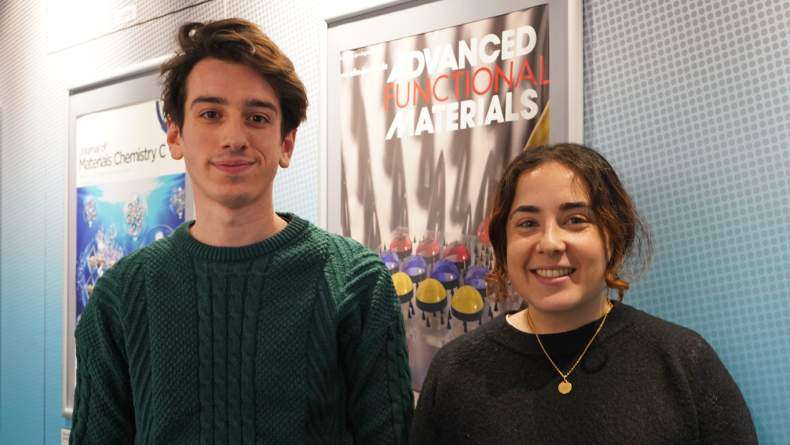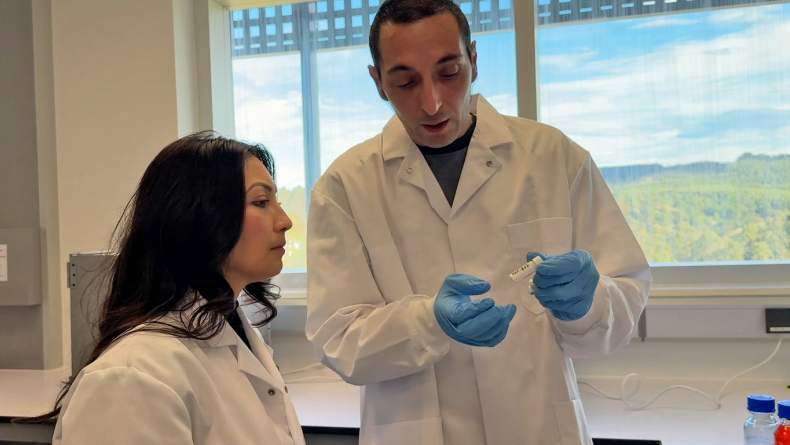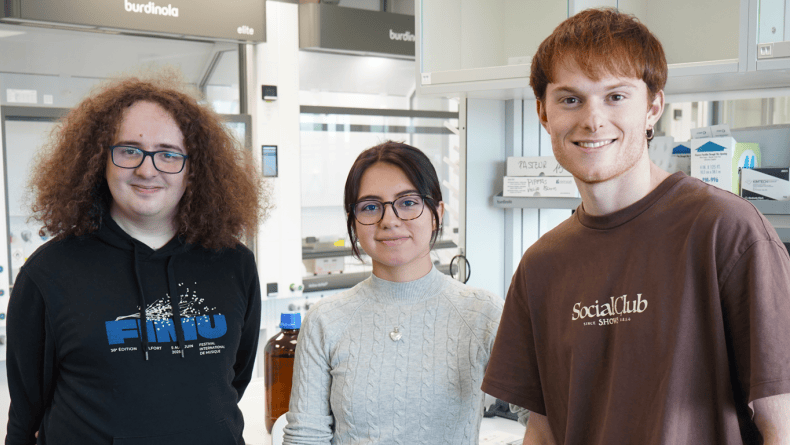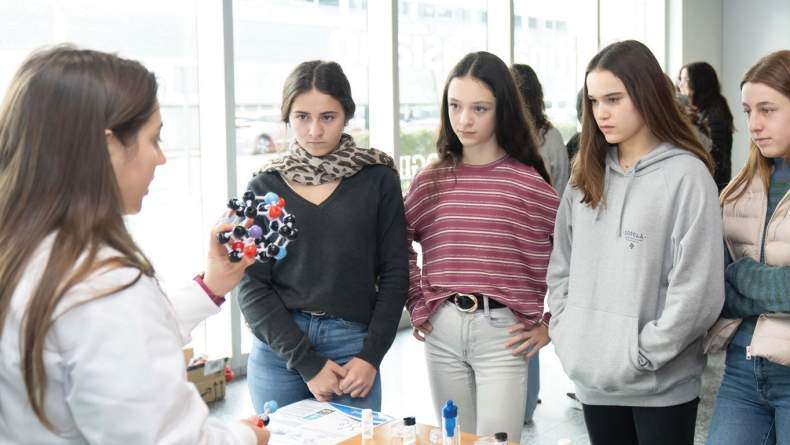BCMaterials paper on the cover page of Global Challenges
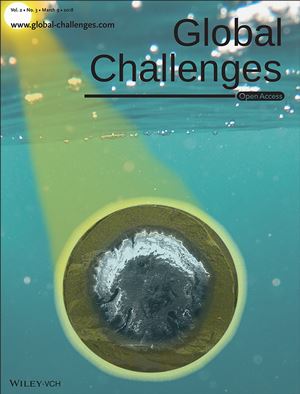

An investigation from BCMaterials, together with colleagues from the University of Minho, Portugal and the Technical University of Dresden, Germany, has been highlighted as journal cover in the journal Global Challenges, as a new approach in water decontamination. The contribution “Reusable Photocatalytic Optical Fibers for Underground, Deep-Sea, and Turbid Water Remediation” (DOI: 10.1002/gch2.201700124) shows the immobilization of photocatalytic titanium dioxide (TiO2) nanoparticles in a polymer (PVDF) onto the surface of polymeric optical fibers, which can be applied in environmental decontamination. As light is transmitted through the fibers until the end tip, remote environments deployed of light access, as it is the case of soil and deep water, can be reached and decontaminated. This work combines the practicability of the optical fibers to transport radiation, the chemical resilience of the PVDF coating, and the catalytic properties of TiO2 into a single material.
" In article number 1700124, Pedro M. Martins, Senentxu Lanceros‐Méndez, and co‐workers show for the first time the immobilization of photocatalytic titanium dioxide (TiO2) nanoparticles in a polymer (PVDF) onto the surface of polymeric optical fibers, which can be applied in environmental decontamination. The optical fibers not only act as a material of light transportation but also an immobilization matrix for the PVDF/TiO2 composite, thus radiation and the photocatalytic effect are provided by the same material. The immobilization of TiO2 in the polymer improves the stability of the coating and consequently its reusability, which is important for practical applications. As light is transmitted through the fibers until the end tip, remote environments deployed of light access, as it is the case of soil and deep water, can be reached and decontaminated. This work combines the practicability of the optical fibers to transport radiation, the chemical resilience of the PVDF coating, and the catalytic properties of TiO2 into a single material."
Related news
Sara Martín y Stefano Lunghi, nuevos investigadores de BCMaterials
Desde BCMaterials damos la bienvenida a dos nuevas personas que integran nuestro personal investigador. Se trata de Sara Martín Iglesias, investigadora post-doctoral en la línea de Materiales Activod...Nanomateriales para la descontaminación y valorización de aguas
Personal científico de BCMaterials desarrolla nanomateriales de última generación, combinados con membranas poliméricas de origen natural, destinados a la descontaminación y revalorización de aguas....Tres nuevos investigadores se incorporan a BCMaterials
El nuevo año ha traído a BCMaterials la incorporación de tres nuevos jóvenes científicos a su equipo. Se trata de los investigadores predoctorales Karen Cano y Mikel Russo y el investigador...Actividades de BCMaterials en Emakumeak Zientzian
Este año se cumple el 10º aniversario del comienzo de la iniciativa Emakumeak Zientzian, que reúne a más de 30 entidades vascas organizadoras de actividades de divulgación científica con motivo de la...
